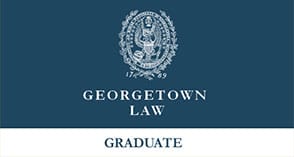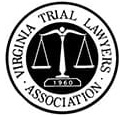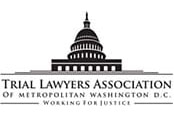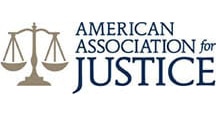Is It Advisable To Sue An Uninsured Or Underinsured Person?
Careful investigation should be undertaken to explore all sources of potential insurance coverage, particularly in cases where the injuries are severe and damages are substantial. Sometimes, the only way to get this information is by way of a lawsuit. If the at-fault driver was not the owner or lessee of the vehicle he or she was operating at the time of the accident, whether insurance coverage exists may depend on whether the driver had permission to use the vehicle at the time of the accident. This information is not always clear. The at-fault driver may also have coverage under policies issued directly to him on other vehicles or to relatives with whom he was residing as of the date of the accident. If the at-fault driver was operating a company vehicle or was operating his or her vehicle for work purposes, insurance coverage may also be available through his employer.
When dealing with your own insurance company on a UM or UIM claim, keep in mind that your insurance company will generally look at the claim in the same light as though they insured the at-fault driver. Although you are a customer of the insurance company, the insurance company will still view you as a claimant seeking compensation from the insurance company’s funds, so it is very much an adversarial process. The insurance company’s objective will be to avoid or minimize payment to you, just as they would with any claimant who is not their customer.
Can I File A Personal Injury Lawsuit If I Received A Ticket After The Car Accident?
If you receive a ticket in connection with the car accident, in most instances you will be considered at-fault for the crash. If you feel strongly that the facts were misinterpreted by the police officer and you believe that it was the other driver’s fault, it may be worth your while to contest the ticket and attempt to have the ticket dismissed or have a court determine that you were not guilty of the offense that was charged in the citation. Under certain circumstances, even if you were negligent, you may still be able to prevail, depending upon the law of the jurisdiction in which the accident occurred.
In jurisdictions that recognize the legal doctrine of contributory negligence, such as Maryland, Virginia and the District of Columbia, the circumstances under which you can obtain a recovery despite by guilty of a traffic offense are quite limited and require a careful examination of the facts and applicable law. Consequently, consultation with an experienced accident injury attorney is essential under these circumstances.
What Is Fault And Negligence As They Relate To An Auto Accident Case?
In order to recover damages from the other driver, it is necessary to prove that the other driver was negligent in the operation of his or her vehicle and that such negligence was a direct or proximate cause of the injury. This may be as a result of a finding that the other driver violated traffic safety laws or it may be based upon facts establishing that he or she failed to use proper care in the operation of his or her vehicle, directly resulting in the accident. For the most part, in Maryland, Virginia, and the District of Columbia, claims can be brought only upon a showing of negligence on the part of the other driver. Maryland, Virginia, and the District of Columbia are part of a minority of jurisdictions in this country that still recognize a legal doctrine known as contributory negligence. Under this doctrine, in most instances, if you are found to have contributed to the accident to any extent, you would be barred from obtaining any recovery.
If you are making a claim against the other driver’s insurance company, the insurance company may argue that you were contributorily negligent in an effort to avoid or minimize payment. If you take the matter to court and the judge or jury finds that you contributed even 1% to the accident, this may prevent you from obtaining any recovery. There are certain exceptions to the rule. In Maryland, Virginia and the District of Columbia, if it is proven that the other driver had the last clear chance to avoid the accident, you may still be able to recover damages. Recent changes in the laws of the District of Columbia now allow for some recovery, notwithstanding contributory negligence, in certain cases involving injured bicyclists and injured pedestrians. In some other jurisdiction, comparative negligence statutes allow for a partial recovery, even if there was some contributory negligence by an injured claimant.
In Washington DC, there is a limited no-fault law. Under DC law, you can elect to use your own personal auto insurance protection benefits to pay for medical bills and lost wages. In most instances, the filing for DC no-faulty insurance benefits with one’s own insurance company prevents the claimant from seeking compensation from the other driver or his insurance carrier. Normally, no-fault insurance benefits would be chosen only if the injured party was responsible or at fault for the accident, or if the damages were very minor. No-fault insurance in DC does not compensate for pain and suffering. A formal election to use no-fault insurance under a DC auto insurance policy for accidents occurring in the District of Columbia, in most cases, must be formally elected within 60 days of the accident.
For more information on Suing An Uninsured/Underinsured Person, a free consultation is your next best step. Get the information and legal answers you are seeking by calling (301) 251-0030 or (301) 251-0030 today.















